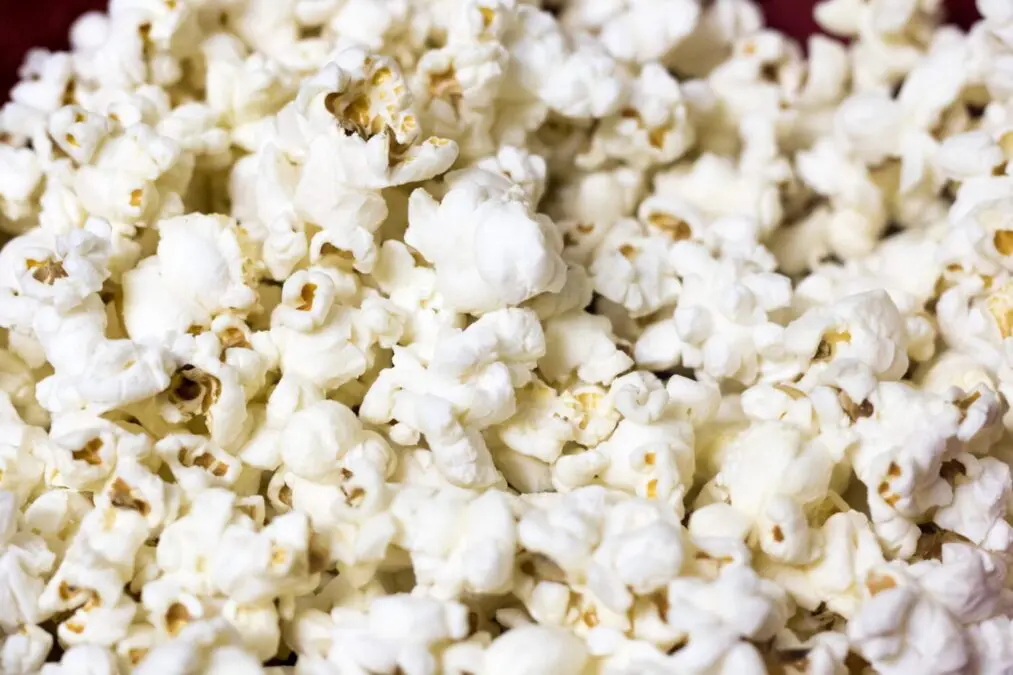Although they are an indispensable part of the cinema, popcorn is also considered a healthy snack between main meals. But is popcorn really that healthy? The short answer is, yes, they can be healthy. Popcorn does have potential health benefits by providing you with some vitamins and minerals. There are other ingredients that can add nutrients to the food, such as the butter used for the crackling or any other added seasonings.
Health benefits of popcorn
Corn (even popcorn) is a whole grain. Whole grains are an important source of key vitamins, minerals and fiber. Corn, in particular, contains nutrients such as magnesium, potassium, and vitamins A, B, and E. Whole grains are filling because they include the whole grain, unlike refined grains, which are stripped of fiber and nutrients. People who eat popcorn consume more whole grains and fiber than people who don’t. Popcorn consumers may also have a 12% total intake of polyphenols, compounds that may have antioxidant properties. In addition, research shows that eating whole grains is associated with less inflammation and a lower risk of several health conditions such as: coronary heart disease, diabetes, high blood pressure, and more. Eating whole grains is even associated with a lower body mass index and less fat around the belly. Is popcorn really healthy?
Popcorn, in its basic form, can be healthy on its own. One thing to note is the quantity. A serving size of popcorn is usually three to three and a half cups, but it’s easy to gobble up a whole bag while at the movies or at home in front of the TV. Also, extra sodium can cause fluid retention, which causes bloating and overall bloating.
Pay attention to the spices
Various spices and toppings are used to flavor popcorn. In packaged popcorn, seasonings may be simpler such as sea salt and pepper. However, other ingredients may include conventional dairy products such as butter and cheese. Most popcorn options are also laced with sugar or other unhealthy sweeteners. However, if you’re making your own popcorn, you can get creative and add interesting toppings like: preservative-free dried fruit, nuts or seeds, turmeric and black pepper, cinnamon and cocoa powder, or nutritional yeast. Using these supplements can potentially increase the amount of certain nutrients you consume. For example, nuts or spices can add to the popcorn’s antioxidant content. Also, with homemade popcorn, you can control the amount of salt.
In other words, popcorn can be a healthy snack. They are whole grains, so they may provide you with benefits, such as reducing the risk of chronic diseases such as diabetes. However, the nutritional quality of popcorn can vary greatly depending on the ingredients used to make it.
Photo by Megha Mangal: https://www.pexels.com/photo/close-up-photo-of-popcorn-806880/







